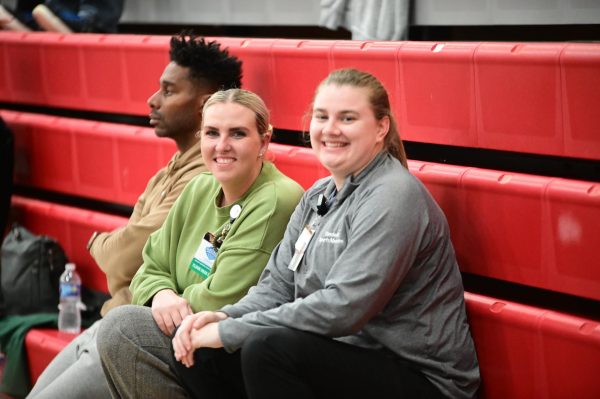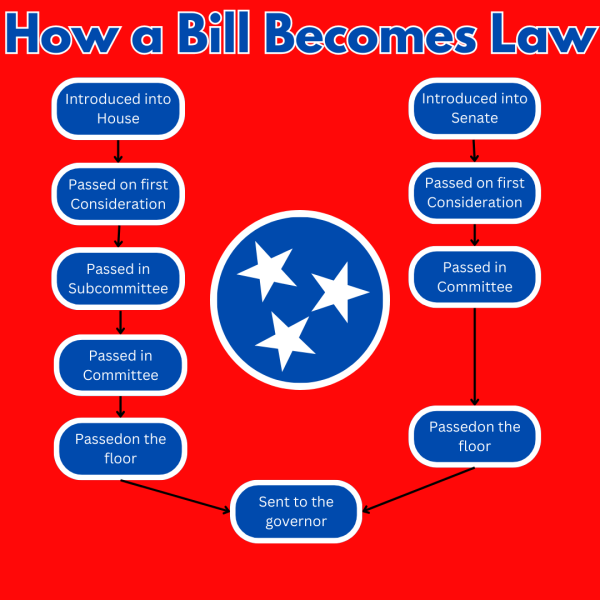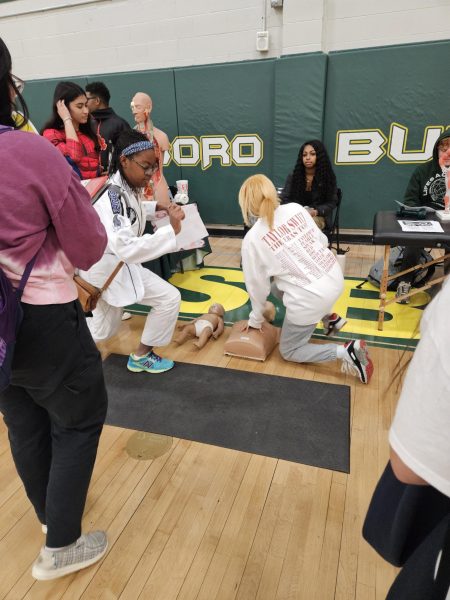Sports can positively affect one’s mental health
Get active and be more productive
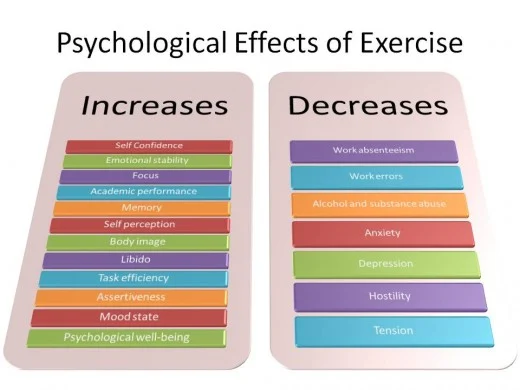
Editor’s Note: This article originally published in May of 2018 by Charter Hillsboro Globe journalist, Casey Tomlin sought to address the benefits of physical activity. Casey’s article is being expanded to provide not just a list of benefits a person will recieve by becoming more physically active, but provide a list of events, opportuities supported by the commmunity help expand the world of Nashville students.
“What the mind can conceive and believe, it can achieve.”
— Napoleon Hill
Spring has officiall sprung and there are a multitude of activities that will not only be fun but also very beneficial to one’s physical and mental health. Who among us would not like to eliminate stres, reduce periods of depression and build confidence? Whether one plays a group sport or chooses a solitary sport like hiking, the results are the same.
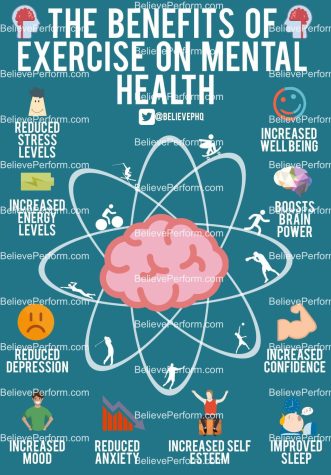 How can playing sports help you?
How can playing sports help you?
Engaging in a sport can help boost your self-esteem through promoting feelings of accomplishment. When you achieve a team or individual goal, you feel a sense of achievement, which helps you feel better about yourself and leads to greater feelings of self-worth and esteem. According to the Association for Applied Sport Psychology, playing sports helps you take pride in your achievements and feel more confident in your physical abilities.
If you have been feeling too anxious or getting panic attacks, you should consider participating in a sport of your choice. According to an article from December of 2005 publication of The American Journal of Physiatrist, people who regularly participate in any sports experience less anxious. Sports can help you feel less depressed. People who regularly participate in a sport of their choice feel less depressed despite going through similar circumstances as a person who has mostly an inactive lifestyle.
A few facts:
- A study published in Psychosomatic Medicine, found that depressed people who participated in structured sporting activities for 4 months were more likely to report minimal or no depressive symptoms than comparative groups who either took medicine for depression or who used both medicine and exercise.
- Sports and exercise stimulate the production of mood-enhancing neurotransmitters and brain chemicals such as endorphins, allowing you to feel better with an overall better mood.
- It’s possible that an emphasis on winning can create an unhealthy view of competition and foster feelings of aggression in adolescents, and a 2011 study conducted by the University of California at San Diego found that upset losses led to a 10 percent increase in at-home violence committed by football players against their significant others. Athletes who suffer from sport injuries commonly experience negative emotions such as boredom, depression and frustration. Sports injuries may also lead to fatigue, tension, hostility and a sense of uncertainty.
- Physical activities such as sports cause the brain to release chemicals neurotransmitters known as endorphins, which create euphoric feelings and reduce stress. On a simpler level, a mind focused on the game is not focused on your worries and anxieties.
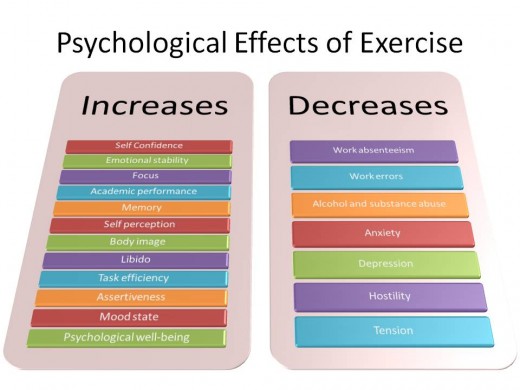
My name is Casey Tomlin and I am a senior at Hillsboro High School in the Global Health and Science Academy.
My interests are reading, listening to...


